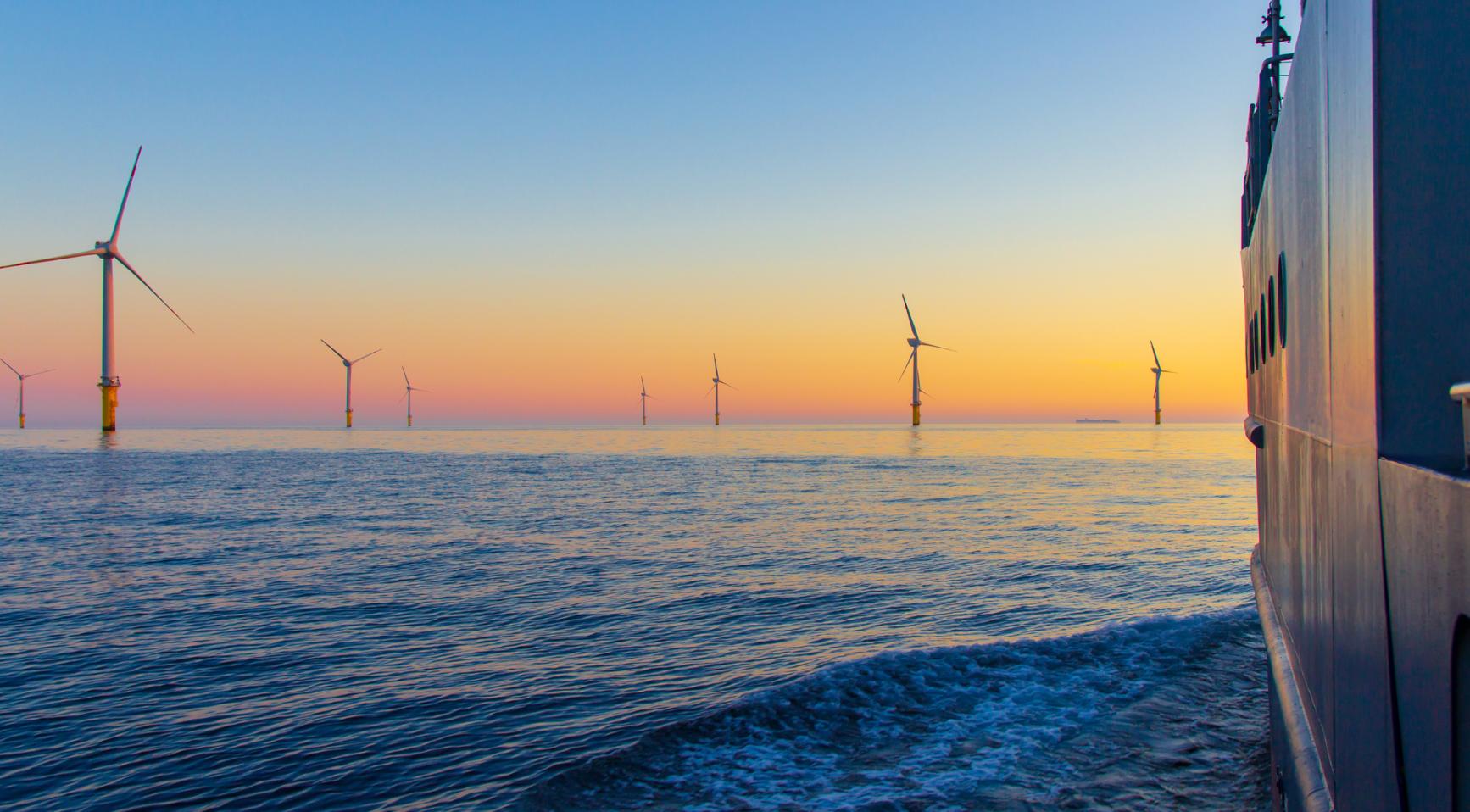The North Sea is becoming dangerously congested with wind farms, gas extraction platforms, CO₂ storage operations, shipping routes, military training areas, fishing grounds, and protected nature reserves, according to a new study by the Netherlands Organization for Applied Scientific Research (TNO). The agency is calling for a comprehensive, integrated strategy to manage the growing competition for space and prevent environmental and operational conflicts.
The report, commissioned by the North Sea Energy consortium—comprising about 40 companies and organizations—describes the current situation as a “chaotic land grab.”
“As long as everyone keeps staking out their own patch of sea, we remain fragmented,” René Peters, director of energy infrastructure at TNO, told NOS. “We need one integrated long-term approach that brings together energy, ecology, and economy at the same table.”
TNO warns that although agreements exist, industries and government agencies continue to act independently. This approach, which Peters compared to “reserving beach space with a towel,” is reportedly obstructing coordinated development and placing both safety and the marine environment at risk.
From the coastline, the infrastructure appears minimal. But aerial views and animations by TNO reportedly show a sea heavily saturated with industrial activity. Offshore wind installations currently generate 4.7 gigawatts of power. By 2033, that figure is projected to rise to 21 gigawatts, expected to cover three-quarters of the Netherlands’ electricity demand.
TNO’s report highlights mounting conflicts. Merchant ships and fishing vessels are banned from sailing near wind farms to avoid collisions. Wind farms must be built at a distance from gas platforms to maintain safe helicopter access for personnel.
Further pressure reportedly comes from the development of carbon capture and storage. A pipeline is under construction to transport CO₂ from Rotterdam’s industrial sector to depleted gas fields beneath the seabed. Additional large-scale projects are in advanced planning stages across the region.
Military operations complicate the picture further. The Royal Netherlands Air Force, for example, conducts offshore exercises near Vlieland.
The sea is also home to Natura 2000 marine conservation areas. Underwater ecosystems there thrive in “surprising” abundance, but research on how offshore wind development affects marine life remains limited.
Despite the complexity, governance reportedly remains fragmented. In the Netherlands, oversight of North Sea activities is divided among several ministries. Peters suggests the next cabinet consider Belgium’s model, where a dedicated minister oversees the North Sea.
